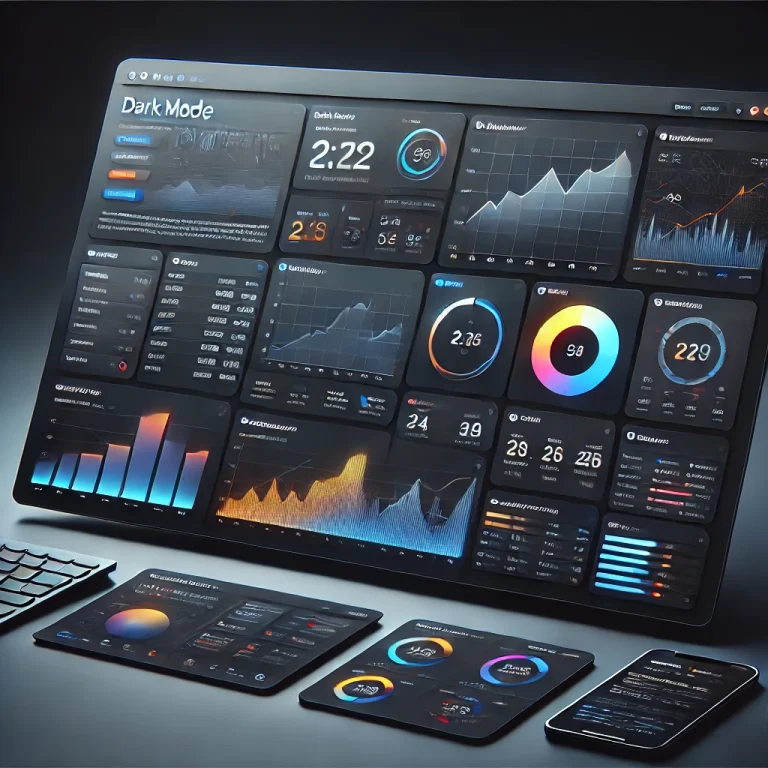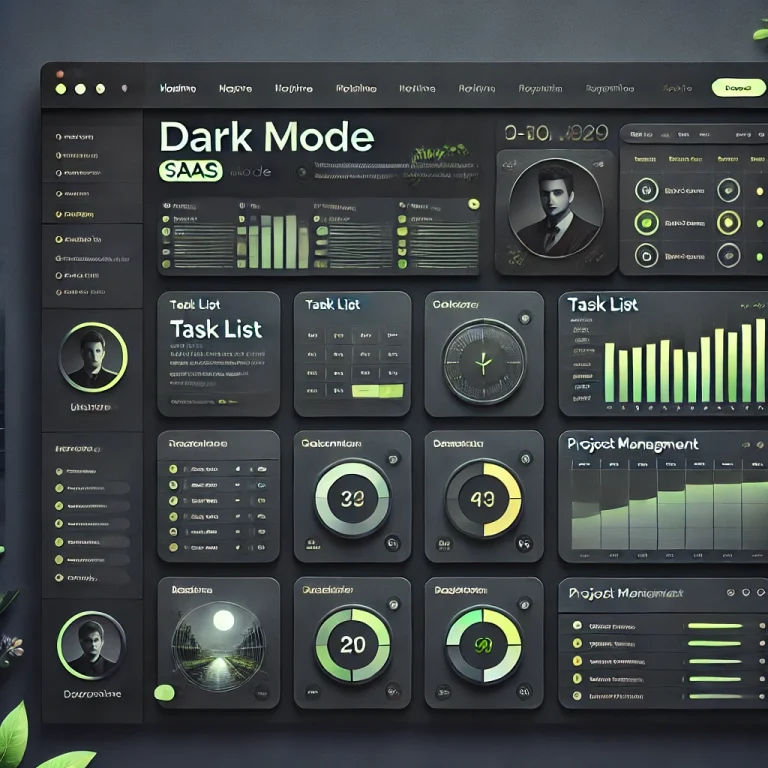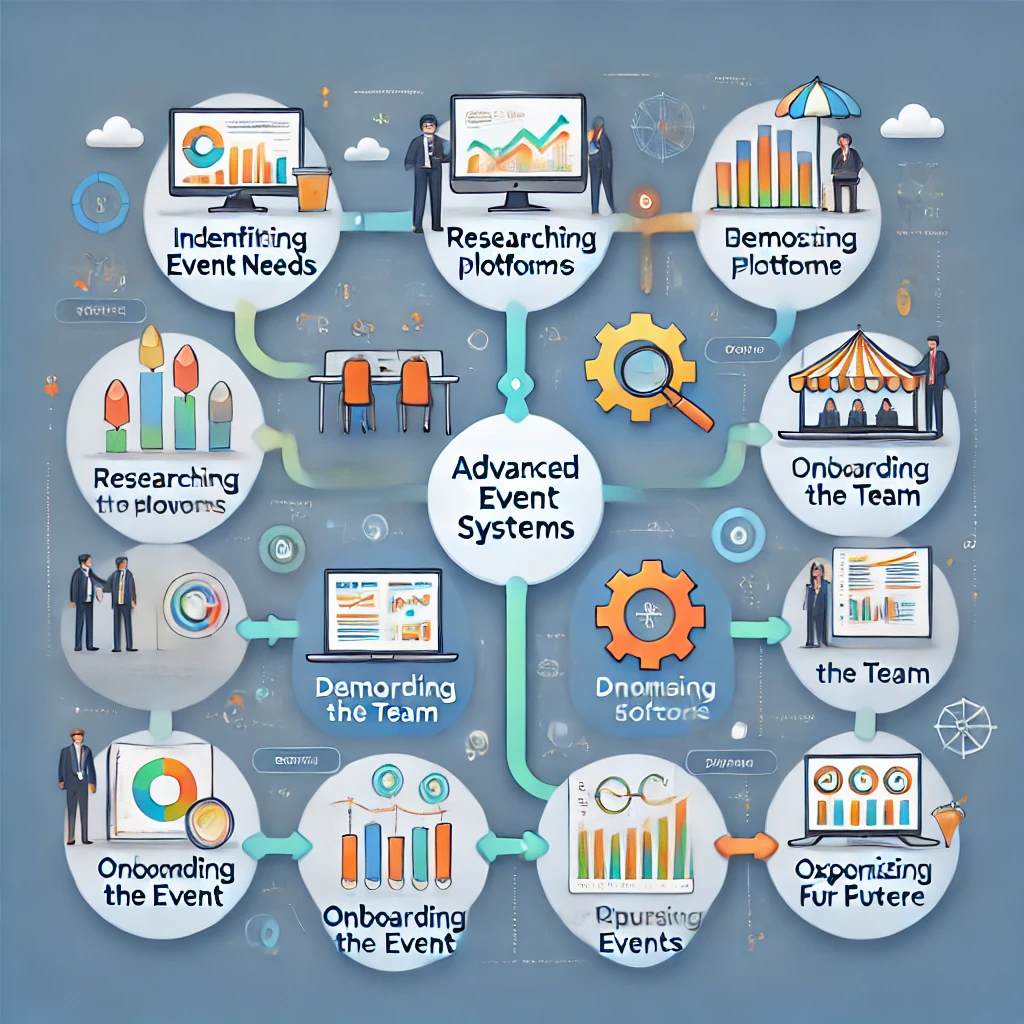
Advanced Event Systems: A Comprehensive Guide
Advanced Event Systems: Revolutionizing Event Management
Table of Contents
- What Are Advanced Event Systems?
- Why Advanced Event Systems Are Vital for Modern Events
- Core Features of Advanced Event Systems
- How to Choose the Right Advanced Event System
- Benefits of Using Advanced Event Systems
- Top Advanced Event Systems Platforms in 2025
- Future Trends in Advanced Event Systems
- Conclusion
What Are Advanced Event Systems?
Advanced Event Systems (AES) are comprehensive software platforms designed to streamline and optimize the planning, execution, and evaluation of events. These systems integrate tools for registration, scheduling, communication, and analytics into a single platform. From sports tournaments to corporate conferences, Advanced Event Systems have become indispensable for organizing efficient, impactful events.
With features tailored to manage everything from ticketing to post-event feedback, AES enables event organizers to focus on creating meaningful experiences rather than getting bogged down by logistics.
Affiliate Disclosure
This article may contain affiliate links, which means we may earn a commission if you make a purchase or sign up for a service through one of our links. This comes at no additional cost to you and helps support the maintenance and creation of valuable content on this website.
We only recommend products and services that we genuinely believe will bring value to our readers. Our opinions and recommendations are unbiased and based on thorough research and expertise. Thank you for supporting us!
Why Advanced Event Systems Are Vital for Modern Events
In today’s fast-paced digital landscape, events must deliver seamless experiences for attendees and stakeholders alike. Here are some reasons why Advanced Event Systems are critical:
1. Simplified Event Management
- These systems reduce the need for juggling multiple tools by offering an all-in-one solution.
- Automation of repetitive tasks, such as email reminders and check-ins, saves time and resources.
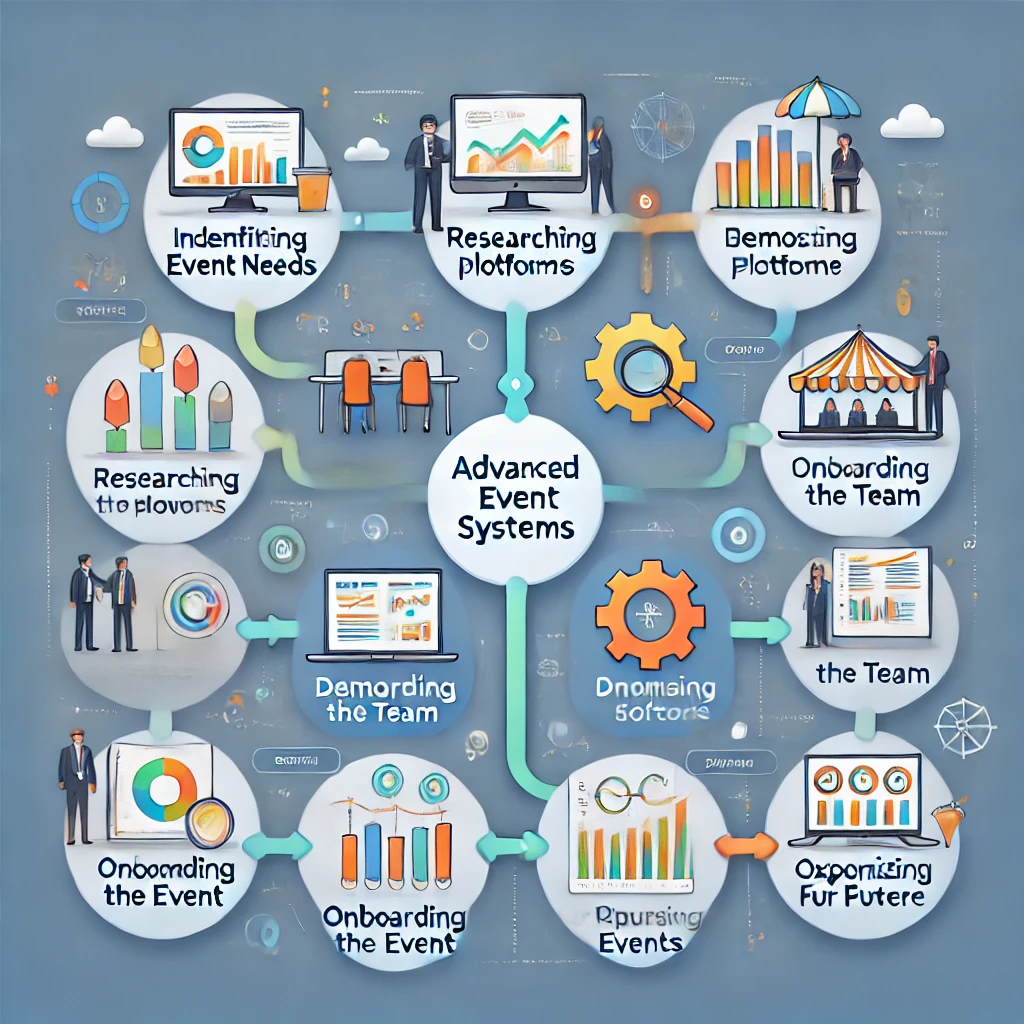
2. Enhanced Attendee Engagement
- Personalized communications and app notifications keep participants informed.
- Interactive features like live polling and Q&A improve audience involvement.
3. Data-Driven Decisions
- AES platforms provide real-time analytics to track registration trends, attendee engagement, and post-event ROI.
- Event organizers can use these insights to refine future strategies.
4. Scalability for Events of All Sizes
From intimate workshops to massive conferences, Advanced Event Systems can scale to meet the needs of any event, ensuring smooth execution at every level.
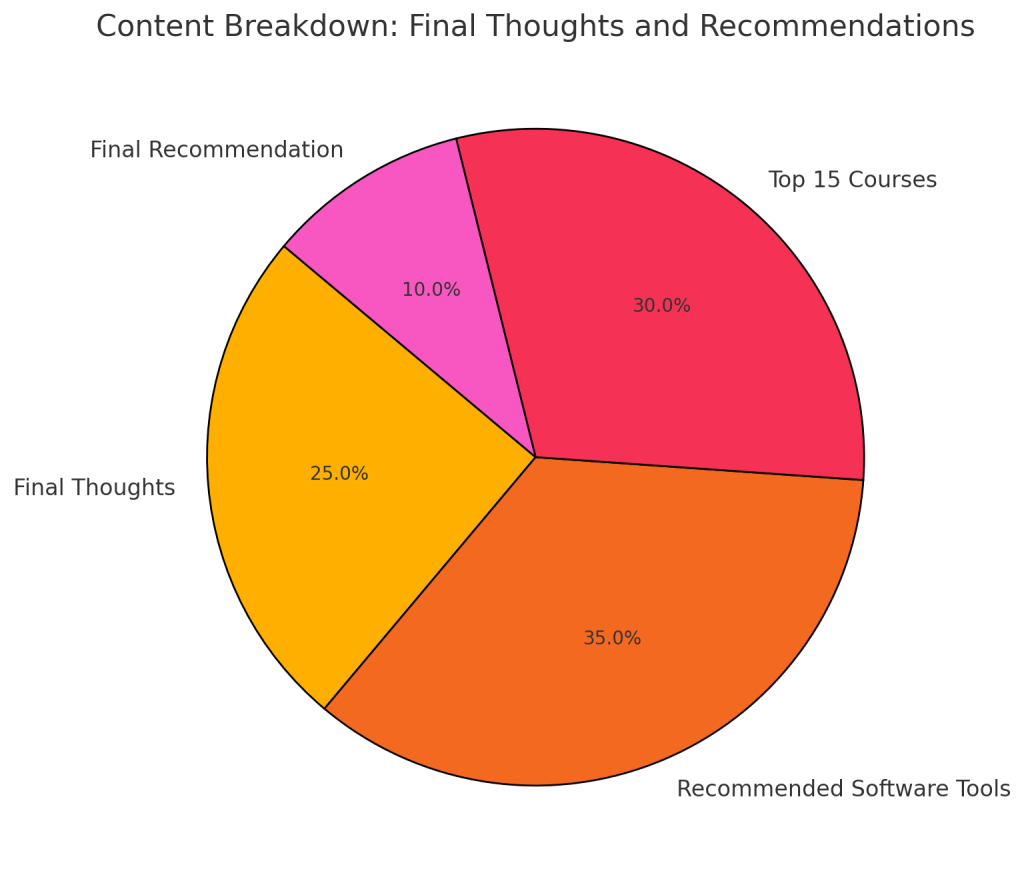
Here's a pie chart representing the content breakdown for the "Final Thoughts and Recommendations" section, illustrating the focus areas and their relative proportions.
Core Features of Advanced Event Systems
The most effective Advanced Event Systems come packed with features that cover every aspect of event management. Here are the core functionalities to look for:
1. Event Registration and Ticketing
- Easy-to-use registration forms with customizable fields.
- Integration with payment gateways for seamless ticketing.
2. Scheduling and Agenda Management
- Tools to build dynamic agendas with session details.
- Options for attendees to personalize their schedules.
3. Communication Tools
- Automated email campaigns for pre- and post-event communication.
- In-app notifications to keep attendees updated.
4. Event Check-In
- QR code or RFID-based check-ins for quick attendee verification.
- On-the-spot badge printing for professional branding.
5. Analytics and Reporting
- Dashboard views of key metrics such as ticket sales, attendee demographics, and session popularity.
- Exportable reports for post-event evaluation.
6. Audience Engagement Features
- Live polling, Q&A, and gamification to enhance interaction.
- Virtual networking tools for hybrid or online events.
7. Integration Capabilities
- Support for CRM, social media, and marketing platforms.
- API access for custom functionality.
How to Choose the Right Advanced Event System
Selecting the right platform can feel overwhelming, but focusing on key factors will simplify the process. Here’s a step-by-step guide:
1. Assess Your Needs
- Are you hosting a small workshop or a multi-day conference?
- Will the event be in-person, virtual, or hybrid?
2. Evaluate Core Features
- Ensure the platform supports critical features like ticketing, check-ins, and analytics.
- Look for advanced options such as multi-language support and AI-driven insights.
3. Check User Experience
- Is the interface intuitive for both organizers and attendees?
- Read user reviews to gauge satisfaction.
4. Budget Considerations
- Compare pricing models: flat rate, per attendee, or subscription.
- Calculate ROI by considering time saved and improved attendee satisfaction.
5. Scalability and Support
- Choose a system that can grow with your events.
- Look for robust customer support options, including live chat and 24/7 assistance.
Benefits of Using Advanced Event Systems
Investing in Advanced Event Systems delivers numerous advantages, not just for organizers but also for attendees. Here’s a breakdown of the key benefits:
1. Increased Efficiency
- Automating tasks like ticketing and reminders allows teams to focus on higher-value activities.
2. Improved Attendee Satisfaction
- Personalized schedules, interactive features, and real-time updates ensure a seamless experience.
3. Better ROI Tracking
- Detailed analytics help measure the success of your event and identify areas for improvement.
4. Enhanced Collaboration
- Cloud-based systems allow team members to access and edit event data from anywhere.
5. Sustainability
- Going digital reduces paper waste and streamlines processes for a more eco-friendly event.
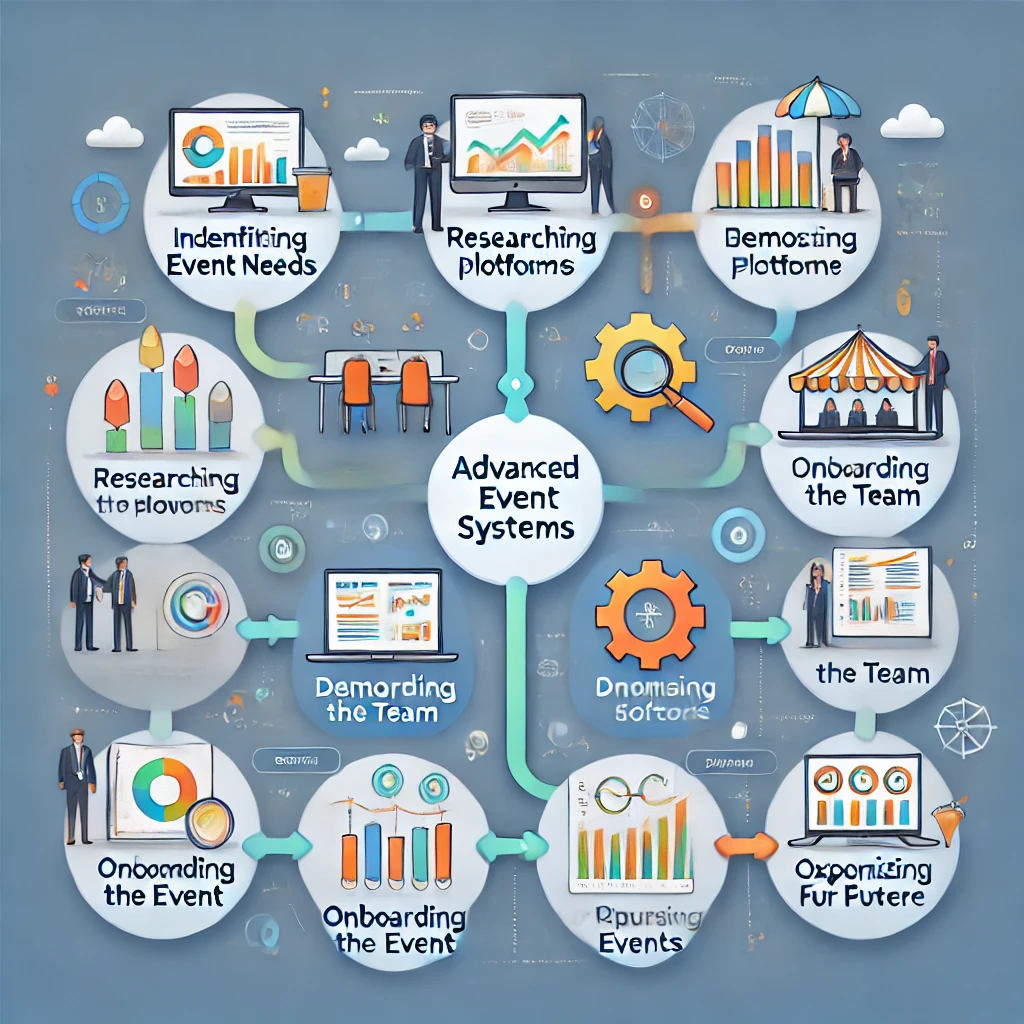
Top Advanced Event Systems Platforms in 2025
To help you get started, here are some leading platforms in the Advanced Event Systems space:
1. Eventbrite
- Popular for small-to-medium events.
- Offers seamless registration and ticketing.
2. Cvent
- Ideal for large-scale conferences and corporate events.
- Provides robust analytics and reporting.
3. Bizzabo
- Focuses on hybrid and virtual events.
- Includes engagement tools like live Q&A.
4. Whova
- Great for personalized attendee experiences.
- Easy-to-use mobile app for networking.
5. Attendify
- Streamlined event app creation.
- Known for excellent customer support.
Future Trends in Advanced Event Systems
The landscape of Advanced Event Systems is continually evolving. Here are some trends shaping the future:
1. Artificial Intelligence
- AI-powered tools for predictive analytics and personalized attendee experiences.
2. Augmented and Virtual Reality
- Immersive experiences for virtual attendees.
3. Blockchain Technology
- Enhanced data security and transparency in ticketing.
4. Sustainability Features
- Carbon footprint tracking and paperless solutions will become standard.
5. Deeper Integrations
- Seamless compatibility with emerging marketing and CRM tools.
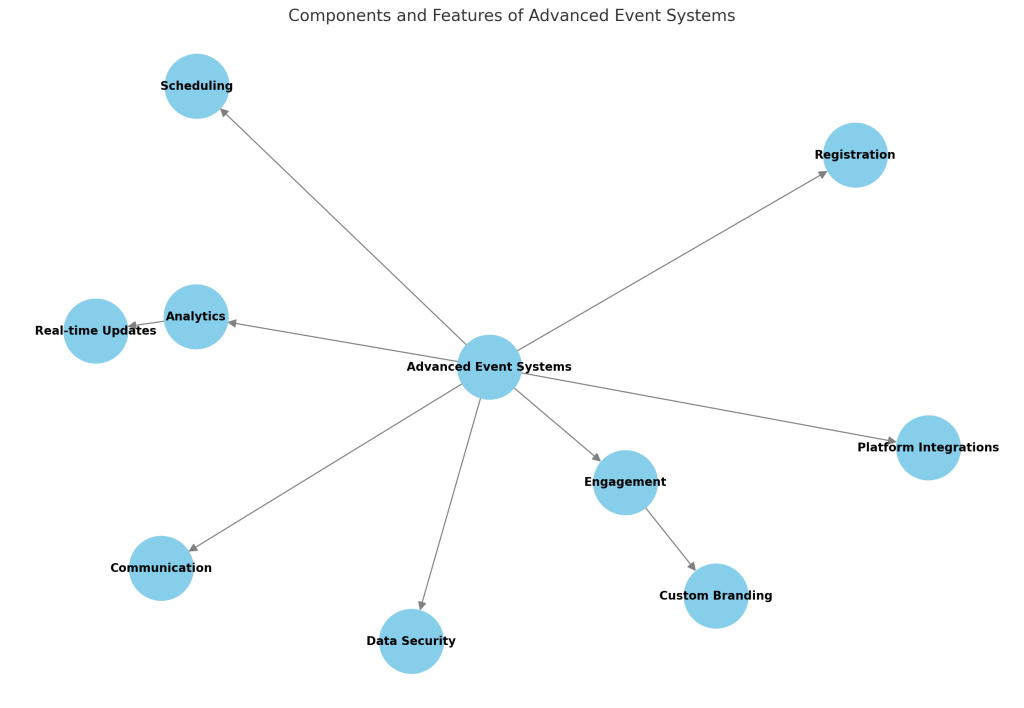
Here's a diagram that visualizes the components and features of Advanced Event Systems, highlighting key functionalities like registration, communication, analytics, and integrations.
Advanced Event Systems
Advanced Event Systems have transformed the way events are planned, managed, and evaluated. With robust features like registration, engagement tools, and real-time analytics, these platforms are essential for delivering memorable experiences that leave lasting impressions.
As event technology continues to evolve, investing in the right Advanced Event System will not only improve your event’s efficiency but also help you achieve your organizational goals. Ready to take your events to the next level? Explore the platforms listed above and start revolutionizing your event management strategy today!
Common Challenges in Event Management and How Advanced Event Systems Solve Them
Organizing events comes with a unique set of challenges, and Advanced Event Systems (AES) are purpose-built to address these issues effectively. Here are some of the most common challenges and the solutions AES provides:
1. Registration Overload
Managing high volumes of registrations can overwhelm organizers, especially for large-scale events.
- Solution: AES automates the registration process, allowing attendees to self-register through intuitive online portals. Customizable forms and integrations with payment gateways streamline the workflow.
2. Lack of Real-Time Data
Traditional methods don’t provide immediate insights into attendee numbers, preferences, or engagement.
- Solution: AES platforms provide real-time dashboards and analytics, offering up-to-the-minute data on attendance, ticket sales, and engagement metrics.
3. Inefficient Communication
Keeping attendees informed before and during an event is critical but often mishandled.
- Solution: AES includes automated email campaigns, app notifications, and chat tools to ensure seamless communication with attendees.
4. Onsite Management Bottlenecks
Manual check-ins or lack of adequate staffing leads to long lines and delays.
- Solution: With QR code or RFID check-ins, AES ensures a fast, hassle-free entry process. Attendees can also self-check-in using kiosks or mobile apps.
5. Post-Event Feedback Collection
Capturing attendee feedback often becomes an afterthought.
- Solution: AES provides built-in tools for surveys and feedback collection, allowing organizers to gather and analyze responses efficiently.

Use Cases for Advanced Event Systems
Advanced Event Systems are versatile tools that can be tailored for a wide variety of events. Below are some of the most common use cases:
1. Sports Tournaments
AES platforms are perfect for managing team registrations, match schedules, and results tracking. Live scoring and spectator updates enhance the experience.
2. Corporate Conferences
For multi-day conferences, AES helps with detailed agenda creation, attendee networking, and session registrations. Features like live polling and Q&A foster audience engagement.
3. Trade Shows and Expos
Managing exhibitor registrations, booth assignments, and visitor passes becomes seamless with AES. Real-time analytics help organizers understand foot traffic and popular booths.
4. Virtual and Hybrid Events
AES platforms are particularly useful for online events, offering features like virtual networking rooms, live streaming, and interactive chat.
5. Community and Fundraising Events
Nonprofit organizations can use AES to manage donor registrations, track fundraising goals, and provide virtual giving options.
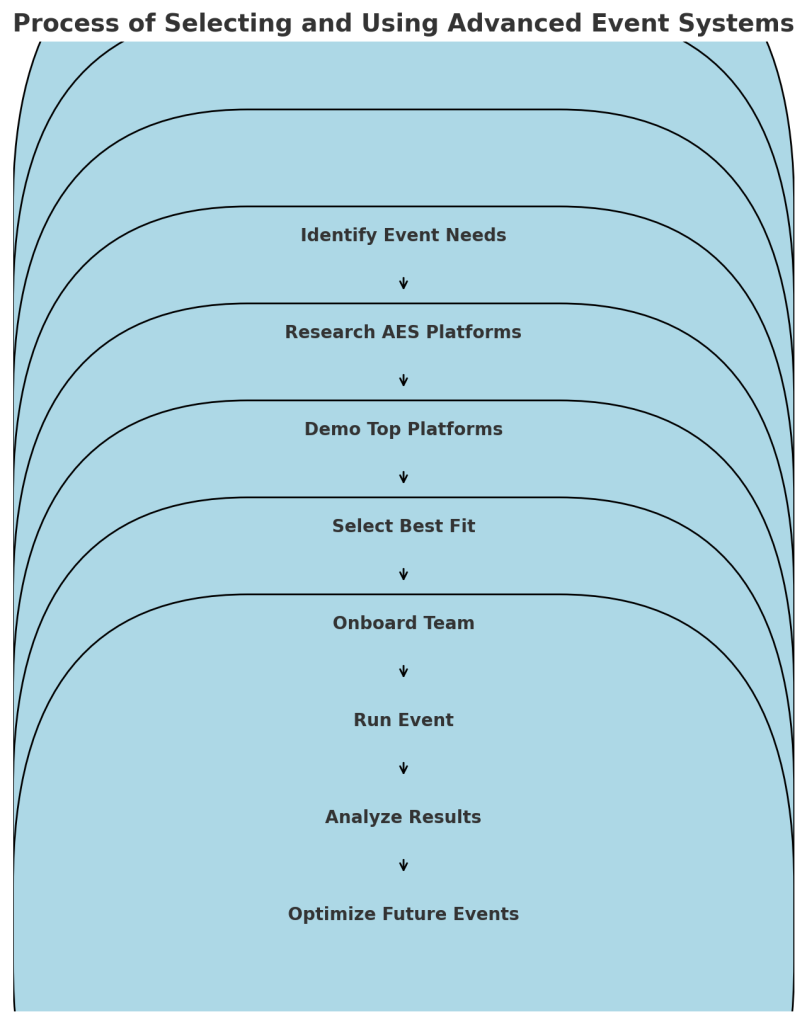
Here’s a flowchart illustrating the process of selecting and using Advanced Event Systems, from identifying event needs to optimizing future events.
Case Studies of Successful Events Using Advanced Event Systems
1. TechCon 2024
- Challenge: Managing a hybrid event with over 10,000 attendees.
- Solution: The organizers used AES for registration, virtual session streaming, and live Q&A. Real-time analytics helped them gauge session popularity and adjust scheduling.
- Outcome: A 30% increase in attendee engagement and positive feedback.
2. City Marathon Series
- Challenge: Coordinating thousands of runners, volunteers, and sponsors.
- Solution: AES handled participant registrations, race timing, and sponsor promotions. A custom app kept runners updated in real-time.
- Outcome: Record-breaking participation and streamlined operations.
3. Charity Gala 2025
- Challenge: Raising funds while ensuring attendee satisfaction.
- Solution: AES facilitated ticket sales, silent auction tracking, and donor management.
- Outcome: A 40% increase in donations compared to previous years.
Comparison of Free vs. Paid Advanced Event Systems
Free Options
- Pros:
- Cost-effective for small events or nonprofits.
- Basic features like registration and email reminders are often included.
- Platforms like Eventbrite offer free plans for simple events.
- Cons:
- Limited scalability and advanced features.
- Branding restrictions (e.g., platform logos on attendee materials).
- No dedicated customer support.
Paid Options
- Pros:
- Access to advanced features like AI analytics, integrations, and custom branding.
- Scalable solutions for large or complex events.
- 24/7 support and training resources.
- Cons:
- Higher upfront costs.
- May require a learning curve for first-time users.
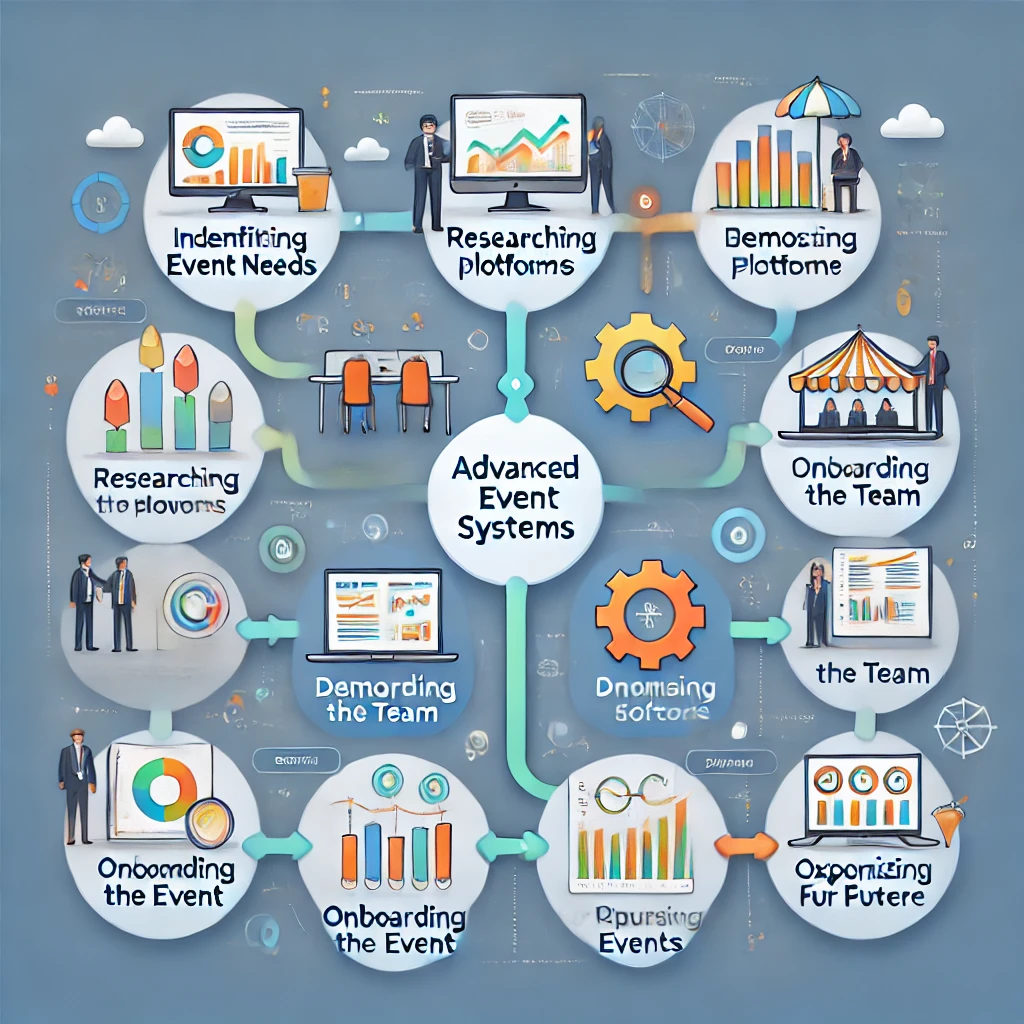
How to Transition to Advanced Event Systems
Switching to an AES platform can seem daunting, but a strategic approach ensures a smooth transition:
- Audit Current Processes
- Identify inefficiencies in your current event management system.
- Prioritize features you need in an AES platform.
- Choose the Right Vendor
- Demo multiple platforms to see which fits your needs best.
- Check reviews and case studies for insights.
- Onboard Your Team
- Provide training sessions for staff.
- Create user manuals or quick-start guides.
- Start Small
- Test the system with a smaller event before rolling it out for larger occasions.
- Gather Feedback
- Collect feedback from both your team and attendees to refine your use of the system.
Best Practices for Leveraging Advanced Event Systems
Maximizing the potential of AES requires thoughtful implementation. Here are some best practices:
- Use Templates
- Many AES platforms provide templates for registration forms, emails, and agendas. Leverage these to save time.
- Integrate with Other Tools
- Sync AES with your CRM, marketing platforms, and social media accounts for streamlined operations.
- Personalize Attendee Experiences
- Use attendee data to create tailored schedules, send personalized emails, and recommend sessions.
- Test Ahead of Time
- Conduct a dry run to ensure all features, from check-ins to live polls, work smoothly.
- Analyze Post-Event Metrics
- Use the platform’s analytics tools to measure success and pinpoint areas for improvement.
Security and Data Privacy in Advanced Event Systems
With increasing concerns about data security, AES platforms must prioritize attendee privacy and secure transactions:
- Encryption and Compliance
- Ensure the platform uses data encryption and complies with regulations like GDPR or CCPA.
- Role-Based Access
- Limit access to sensitive data based on team roles.
- Secure Payment Processing
- Look for platforms with PCI-compliant payment gateways.
- Regular Security Audits
- Choose vendors that conduct routine vulnerability assessments.
- Transparency
- Inform attendees about how their data will be used and stored.
Top Integrations for Advanced Event Systems
The best AES platforms support a wide array of integrations to extend functionality. Here are some must-have integrations:
- Customer Relationship Management (CRM)
- Platforms like Salesforce and HubSpot help manage attendee data and post-event follow-ups.
- Marketing Tools
- Integrations with Mailchimp or ActiveCampaign enable automated email campaigns.
- Payment Gateways
- PayPal, Stripe, and Square streamline ticket sales and donations.
- Video Conferencing Platforms
- Zoom and Microsoft Teams are essential for virtual or hybrid events.
- Social Media
- Tools like Hootsuite or Buffer facilitate real-time event promotion.
Advanced Features to Look for in Event Systems
Modern AES platforms offer innovative features that go beyond basic event management:
- AI-Powered Recommendations
- Suggest sessions or networking opportunities based on attendee preferences.
- Gamification
- Features like leaderboards and badges boost attendee engagement.
- Multi-Language Support
- Essential for international events.
- Virtual Reality (VR) Integration
- Create immersive experiences for online attendees.
- Carbon Footprint Tracking
- Monitor and minimize the environmental impact of your event.
DIY Alternatives to Advanced Event Systems
For small-scale events, simple tools can sometimes replace full AES platforms:
- Google Forms for Registration
- Free and easy to use, but lacks advanced reporting.
- Spreadsheets for Scheduling
- Tools like Google Sheets or Excel can manage basic agendas.
- Social Media for Promotion
- Platforms like Facebook Events work well for informal gatherings.
- Manual Check-Ins
- QR code generators or simple ID checks can suffice for smaller groups.
- Basic Communication Tools
- Email platforms like Gmail or Outlook work for basic attendee communication.
While these options can work for simple events, scaling up will require investing in a robust Advanced Event System.
Final Thoughts on Advanced Event Systems
Advanced Event Systems (AES) have become an essential tool for event organizers, transforming the way events are planned, executed, and evaluated. By integrating registration, communication, scheduling, analytics, and attendee engagement tools into a single platform, AES enhances efficiency, streamlines processes, and delivers a superior experience for attendees.
The value of AES extends beyond just managing logistics. These systems enable organizers to make data-driven decisions, improve attendee satisfaction, and maximize return on investment. From virtual conferences to large-scale in-person events, adopting the right AES platform can give organizations a competitive edge in today’s fast-paced, technology-driven landscape.
However, choosing the right tool and leveraging its full potential requires understanding your specific needs, considering scalability, and being prepared to train your team on new systems. Whether you’re hosting a small workshop or a multi-day conference, AES platforms can scale to meet your requirements, offering flexibility and reliability.
Recommended Software Tools
To help you navigate the vast array of options available, here are some of the best Advanced Event Systems currently on the market, along with their unique strengths:
1. Eventbrite
- Best for: Small-to-medium events.
- Features: Easy registration, ticketing, and integrations with social media.
2. Cvent
- Best for: Large-scale conferences and corporate events.
- Features: Advanced analytics, event marketing tools, and robust customer support.
3. Whova
- Best for: Hybrid and virtual events.
- Features: Interactive networking features, agenda personalization, and mobile app support.
4. Bizzabo
- Best for: High-engagement events.
- Features: Real-time audience engagement tools like live Q&A and polls.
5. Attendify
- Best for: Creating custom mobile event apps.
- Features: User-friendly app design tools and excellent customer service.
6. Hopin
- Best for: Virtual and hybrid events.
- Features: Virtual event platforms with networking tools and breakout rooms.
7. Eventzilla
- Best for: Budget-conscious organizers.
- Features: Affordable pricing, robust registration, and attendee tracking.
8. Accelevents
- Best for: Nonprofit events and fundraisers.
- Features: Donation tracking, silent auction tools, and virtual event support.
9. Ticket Tailor
- Best for: Simplified ticketing.
- Features: Flat-rate pricing with no per-ticket fees.
10. Socio
- Best for: Large corporate events.
- Features: End-to-end event management with a focus on branding.
11. RainFocus
- Best for: Enterprise-level events.
- Features: Data-rich insights, marketing automation, and scalability.
12. Splash
- Best for: Marketing-driven events.
- Features: Branding tools, email marketing integration, and lead tracking.
13. Airmeet
- Best for: Virtual networking events.
- Features: AI-based matchmaking, chat features, and webinar support.
14. Zkipster
- Best for: Guest list management.
- Features: Streamlined check-ins, RSVP tracking, and event branding.
15. Boomset
- Best for: Onsite event management.
- Features: Badge printing, onsite check-ins, and lead retrieval tools.
Top 15 Courses to Master Advanced Event Systems and Event Management
For professionals looking to build or enhance their skills in using AES and managing events, the following courses provide valuable knowledge and certifications:
1. Event Management Certificate Course by Coursera
- Provider: University of California, Irvine.
- Focus: Fundamentals of event planning and management.
2. Virtual Event Planning and Management by Eventbrite Academy
- Provider: Eventbrite.
- Focus: Best practices for virtual and hybrid events.
3. Meeting and Event Management Certificate
- Provider: NYU School of Professional Studies.
- Focus: Comprehensive training in event logistics and technology.
4. Certified Meeting Professional (CMP) Program
- Provider: Events Industry Council (EIC).
- Focus: Advanced certifications for meeting professionals.
5. HubSpot Event Marketing Course
- Provider: HubSpot Academy.
- Focus: Using event marketing tools effectively.
6. Digital Event Strategist (DES) Certification
- Provider: PCMA (Professional Convention Management Association).
- Focus: Strategies for digital and hybrid events.
7. Event Planning Foundations by LinkedIn Learning
- Provider: LinkedIn Learning.
- Focus: Core event planning skills for beginners.
8. Managing Virtual Teams and Remote Events
- Provider: Udemy.
- Focus: Remote team collaboration and virtual event success.
9. Event Management for Beginners
- Provider: Skillshare.
- Focus: Introductory course covering event planning basics.
10. Event Technology Management
- Provider: Cvent Academy.
- Focus: Using Cvent’s tools for event success.
11. Advanced Analytics for Event Management
- Provider: Pluralsight.
- Focus: Data-driven decision-making in events.
12. Hospitality and Event Management Course
- Provider: Alison.
- Focus: Fundamentals of hospitality and events.
13. Certified Event Designer (CED) Program
- Provider: Event Design Collective.
- Focus: Design thinking applied to event planning.
14. Event Marketing and Planning Masterclass
- Provider: FutureLearn.
- Focus: Combining marketing and event planning strategies.
15. Risk Management for Events
- Provider: International Association of Exhibitions and Events (IAEE).
- Focus: Managing risk and compliance in events.
Final Recommendation
If you’re an event organizer or aspiring to build expertise in this field, mastering Advanced Event Systems is a game-changer. Start by identifying your specific event needs and selecting a platform that aligns with your goals. Combine that with professional training through the recommended courses to maximize your impact. Whether you’re hosting a small fundraiser or a global conference, investing in the right tools and knowledge will ensure your events run smoothly and leave a lasting impression.
Keep us going with the cost of a cup of coffee—it’s a small gesture that brews big impact!


Affiliate Disclosure
This article may contain affiliate links, which means we may earn a commission if you make a purchase or sign up for a service through one of our links. This comes at no additional cost to you and helps support the maintenance and creation of valuable content on this website.
We only recommend products and services that we genuinely believe will bring value to our readers. Our opinions and recommendations are unbiased and based on thorough research and expertise. Thank you for supporting us!

